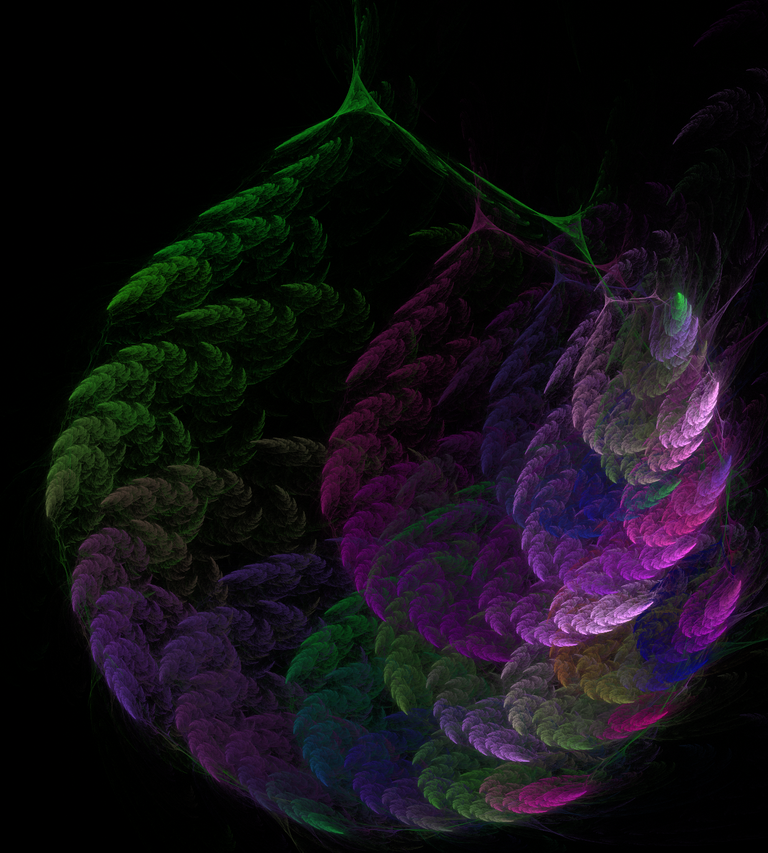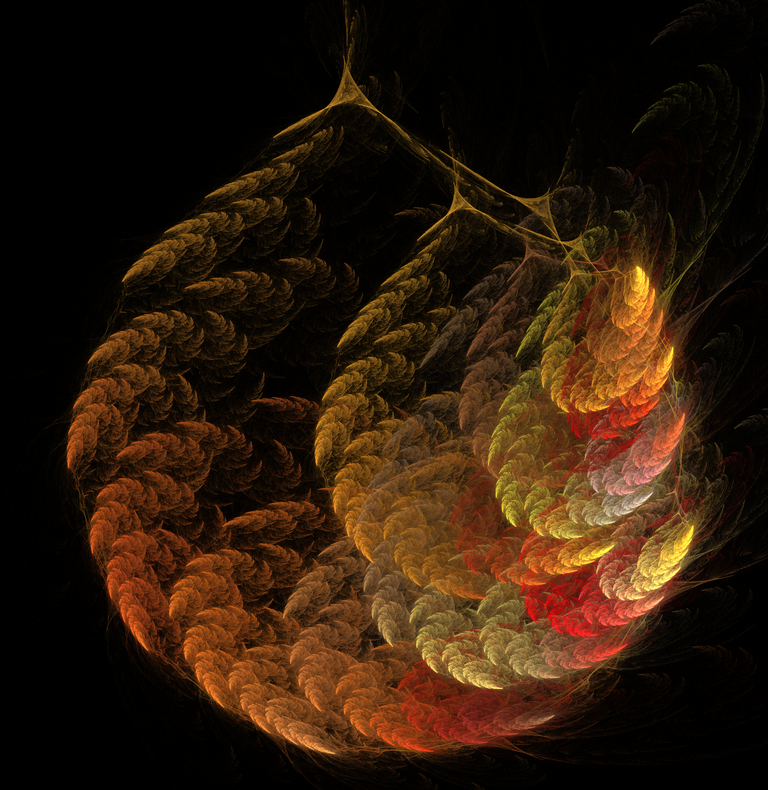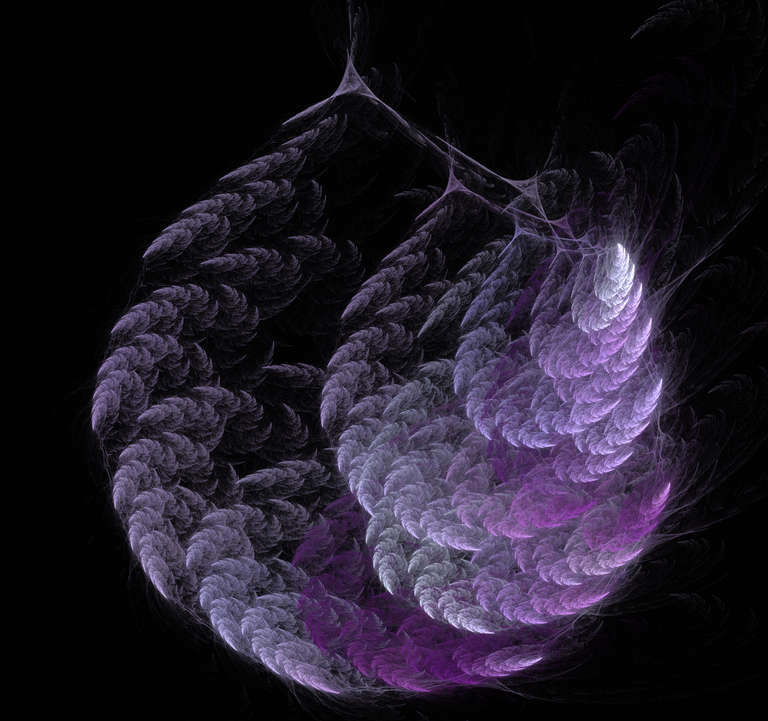
There is some talk, as the 24th century approaches, of changing the way planet-side missions are led from fleet ships. It is standard today for captains to lead the away teams along with their first officers, but it has been noted that on the exploratory track, this leads to excess deaths and injuries of both captains and commanders, and in losing both, a ship and crew are robbed of any chance of command-style continuity. That's the short-term concern; the long-term concern is simply that good captains are not easily replaced. Good first officers are not either, but they are just not as much thought of – except by captains who want to live.
Many captains might have looked a bit sidewise at a first officer who in theory had been passed over for the very command that captain held – in Cmdr. Helmut Allemande's case, everybody knew the situation. He was within two weeks of being made captain of the Amanirenas when a fleet disaster happened and I was appointed to the command – so, Cmdr. Allemande remained at the rank he was. Most people would have resented that, terribly, and a resentful first officer is a dangerous one.
But, Helmut Allemande was and is a different kind of person, with a different spirit about him. I knew this upon meeting him, and it was confirmed quickly by others who knew him well and then by the man himself, in word and deed. Resentment and jealousy simply had no part of his life, and his loyalty was pure and true.
I never had a second thought about not needing to have a second thought until the day came when my life depended on my first officer – and, obviously, I'm still here writing about the experience, so that really gives you everything but the details of the matter.
As the Amanirenas completed its patrol of the scene of the loss of the convoy and was relieved by the Wilberforce, we received a distress call from a nearby planet in need of a particular kind of medical supply – none was available all made up, but Thurlibau 5 had abundant plant material that could be used instead. The Thurlibauns were delighted to share their natural resources, but could not work with the plants in question as we needed, so my crew and I went out to collect.
There were three details of importance. The Thurlibauns are molluscoid, and so had no outer skin to shield them from the pollen of the flower above – to them all forms are poisonous, but to humans and humanoids, the form above and the “golden autumn” form –

– were not. The challenge became the rare occasions when the “rainbow spring” and the “golden autumn” form crossed and produced this lovely lilac thing in full bloom:

That one was deadly to both molluscoids and humans, upon contact – the skin was no protection from its cyanide compounds. They stood out, and were rare, so my teams went and isolated those plants in every area before doing any kind of harvesting.
About a month into this thing, we found out what we didn't know we didn't know – I had come down to the planet with Cmdr. Allemande to survey the work, for I had noted that the combined pollen and nectar we were getting and running over by shuttle to the planet in distress was the same color as the golden autumn variant of the flower. As it happened, the golden autumn was the dominant form and the rainbow spring was an offshoot from it, so the two had similarly colored interiors.
It is important to note here that Cmdr. Allemande is six feet six while I am five feet three; our view of every world is therefore quite different. What he noted was how much taller the golden autumn form of the plant was than the rainbow spring variant – many of them towered over him and were being picked by crew members in levitating baskets. Meanwhile, the rainbow spring variant was generally at my height.
Ship's chief medical officer Siobhan MacMurray was on the scene, and she had a report on the work her teams were doing to prepare the necessary compounds from the field and how different plants of even the same kinds, depending on the age of the flowers and the maturity of the plant, yielded what was necessary. Older plants were left to go to seed and young ones in their first or second bloom were also left. The golden autumn variant was generally more productive, some of which were dripping a pollen and nectar paste because it had rained the night before.
It was convenient – and why I had been invited down – that there were plants of the rainbow spring version near at hand so Dr. MacMurray could show me the direct comparison. The area had been cleared of known crosses between the two variants as well – it had been confirmed before anyone had come into to work the area, or so we thought.
The moment I knew we missed something was at the moment I felt my whole body being teleported several yards by a grip of such strength that it seemed almost inhuman. I had been reaching out for a golden autumn flower at my shoulder level as the doctor and I were discussing the variant, and suddenly it was quite beyond reach.
That had been the doing my immense first officer, who from 20 yards off had put two and two together – a short rainbow spring variant bush with a very tall golden autumn variant bush not 20 feet away, and a medium height bush between them. The tall golden autumn variant had been weeping pollen and nectar on the bush beneath it … and so, like golden glitter, the pollen and nectar had been hiding a lilac variant bush whose flowers would have killed me on contact. Cmdr. Allemande had moved me bodily just before I had touched a bloom.
“Lilac in disguise!” he shouted.
Dr. MacMurray was at my side immediately because she did not know if I had actually made contact – she beamed us directly to sickbay and that was a scare for everyone, but I hadn't touched a bloom after all, so all that had to be done was to revise our area screening procedures. Several other medium-height plants in that area were in disguise, so, in the end, we decided to harvest only the tallest golden autumn plants and the rainbow spring plants whose play of color was clearly visible.
All medical needs were satisfied by the end of the month and we were on our way to rejoin the rest of our exploratory fleet after that, and only then did I come to terms with how shaken I was by the incident.
“No one would have faulted Cmdr. Allemande for not knowing,” I said to my husband about it, “and had he known and waited just one second longer, no one would have ever suspected him, and the Amanirenas would have been his.”
“Look, Khadijah, I pray for and about that man every day – he can't do that sort of thing!” Capt. Rufus Dixon said to me.
“That wasn't even the part that shakes me, because Cmdr. Allemande is a faithful, honorable man,” I said. “The main part that shakes me is how many people have urged that man to be all upset about losing 'his captaincy' and who are bound to be disappointed. The other thing that shakes me: I really need to eat more and put on some muscle mass, because that man moved me like I was a feather, and that's just not cute at all.”
I know my husband was rolling laughing about that because he ran into something and knocked it down – but it was going to be a while before I got home, so he had plenty of time to get it cleaned up!